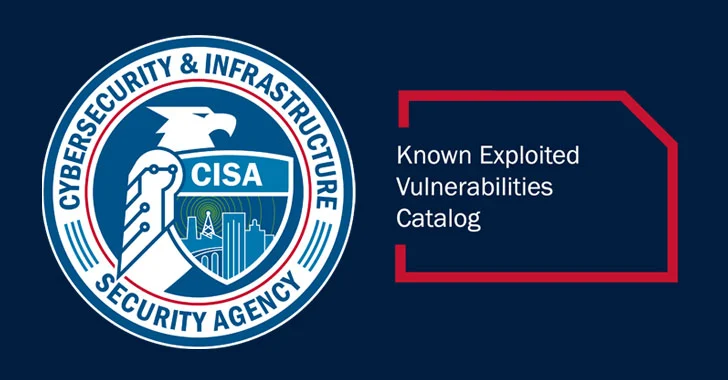CISA Warns of Active Exploitation of Windows Kernel Vulnerability

In a serious development, CISA has added a high-severity Windows Kernel vulnerability (CVE-2024-21338) to its Known Exploited Vulnerabilities catalog. Threat actors have been actively leveraging this flaw to gain privileged SYSTEM-level access to vulnerable systems.

Who’s Behind It?
Avast security researchers have attributed these attacks to Lazarus, a state-sponsored hacker group linked to North Korea. This group has a history of sophisticated cyberattacks targeting government entities and critical infrastructure.
Why This Vulnerability Is So Dangerous
Here’s why CVE-2024-21338 is particularly alarming:
- Privilege Escalation: This vulnerability, found within the Windows AppLocker driver (appid.sys), allows attackers to escalate privileges from a regular user to SYSTEM. This grants them near-unrestricted control over a compromised system.
- Kernel-Level Access: Attackers can manipulate the core of the operating system, giving them the power to disable security software, hide their tracks, and deploy additional malware payloads.
- Widely Affected Systems: Versions of Windows 10, Windows 11, Windows Server 2019, and Windows Server 2022 are all vulnerable.
Lazarus’ Refined Attack Toolkit
Lazarus exploited this zero-day extensively in a campaign that began in August 2023. This campaign has revealed significant upgrades to their attack techniques:
- Sophisticated Rootkit: Lazarus deployed an upgraded FudModule rootkit to maintain a foothold on compromised systems, with advanced techniques to evade detection by popular security products.
- Stealthy New RAT: Avast uncovered a previously unknown remote access trojan (RAT) used by Lazarus, underscoring their innovation in malware development.
The Fallout & Mitigation
Microsoft has released patches as part of the February 2024 Patch Tuesday updates. It’s critical for organizations to apply these patches immediately, especially in light of CISA’s mandatory directive for federal agencies.





